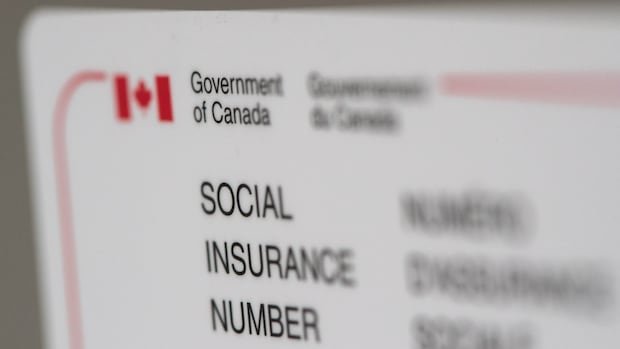In a cautionary tale, Dave’s experience underscores the importance of safeguarding one’s social insurance number (SIN) from falling into the wrong hands. In 2024, he fell victim to identity theft when someone illicitly leveraged his SIN to open a bank account and access funds, resulting in a detrimental impact on his credit rating. Despite not suffering direct financial losses, Dave faced the frustrating reality that his compromised information was circulating on the dark web, leaving him vulnerable to repeated misuse.
As one of the 4.2 million individuals affected by the 2019 Desjardins data breach, Dave’s ordeal is not isolated. Numerous organizations, including Sobeys, Ticketmaster, London Drugs, Nova Scotia Power, and the Canada Revenue Agency, have grappled with data breaches in recent years. This trend has raised concerns among experts, who are urging caution when divulging SINs to entities beyond essential institutions like employers, financial institutions, and government bodies.
Claudiu Popa, co-founder of the KnowledgeFlow Cybersafety Foundation, emphasizes the gravity of the SIN as a unique identifier crucial to one’s Canadian identity. He warns that the escalating requests for SINs from various entities such as gyms, landlords, insurers, and educational institutions pose significant privacy risks for individuals. Popa notes that while the SIN serves as a convenient means of verifying credit and customer identities, its indiscriminate use heightens the likelihood of privacy breaches and potential fraud.
The intrinsic value of the SIN lies in its irreplaceability compared to other compromised credentials like credit card details or passwords. Dave’s ongoing battle against fraudulent attempts, which included unauthorized bank account openings and online purchases, underscores the arduous process victims face in rectifying the aftermath of identity theft. The ordeal not only entails time-consuming interactions with financial institutions, credit agencies, and law enforcement but also carries the weight of potential credit score repercussions.
In response to growing concerns, experts propose digital identification systems as a viable alternative to traditional SIN sharing practices. By embracing digital IDs, individuals can selectively disclose pertinent information, thereby mitigating the risks associated with widespread SIN dissemination. While certain regions like British Columbia have made strides in implementing digital ID solutions, achieving a nationwide framework remains a complex endeavor due to jurisdictional nuances among provinces.
As the landscape of digital security evolves, stakeholders emphasize the imperative of ongoing dialogues to fortify SIN protection measures. Joni Brennan, president of the Digital ID and Authentication Council of Canada, underscores the need for adaptive security protocols to counter emerging threats and ensure the safeguarding of sensitive personal information. Amid technological advancements, maintaining a proactive stance on security and privacy remains paramount in safeguarding individuals against malicious activities.

